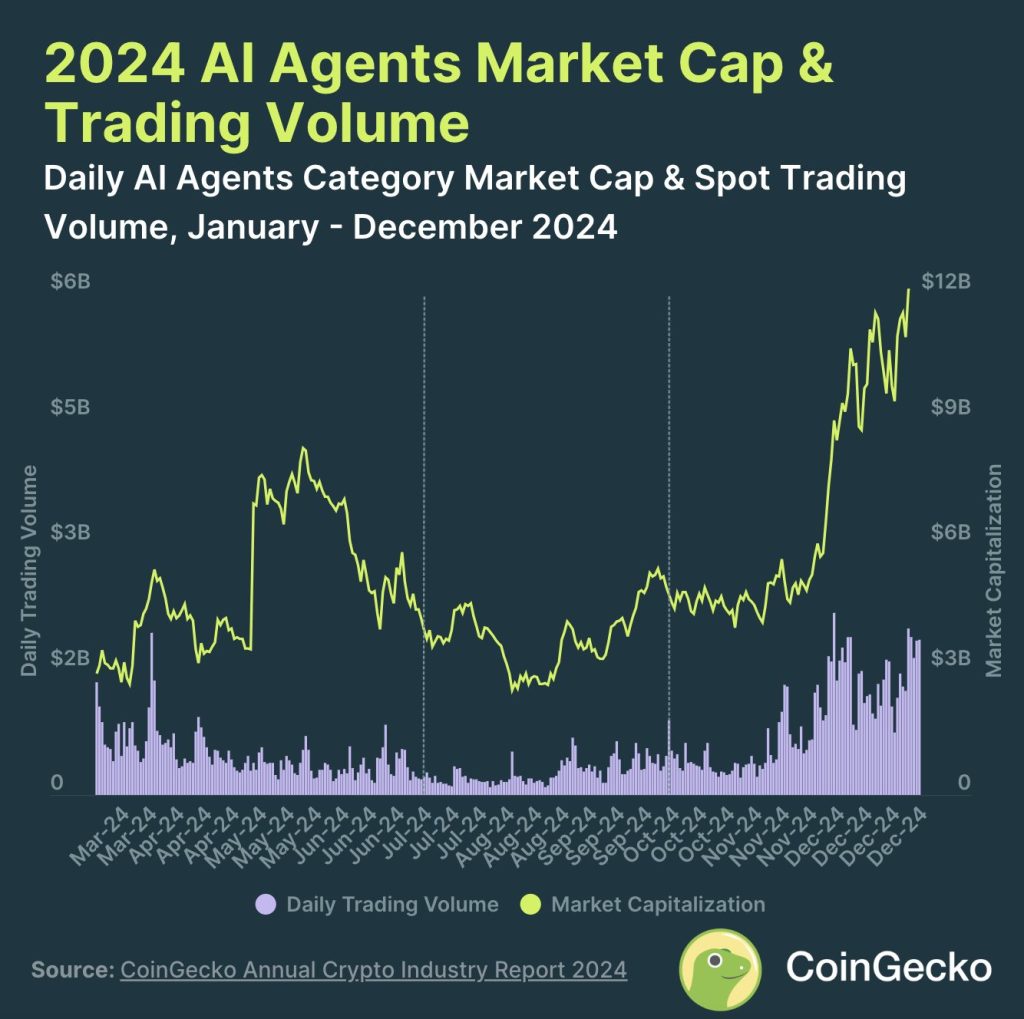Introduction to AI Agents in DeFi
Imagine having an employee who can act on your behalf in a decentralized exchange, working tirelessly without breaks, sleep, or salary expectations. This employee can process vast amounts of data, execute trades, and refine strategies in real-time without requiring any manual intervention. While this may seem like a futuristic concept, AI agents, which are algorithms that act independently and learn from data, are poised to revolutionize the DeFi space.
AI agents are still in their infancy, and the DeFi sector itself is still evolving. Currently, platforms lack the necessary tools to distinguish between legitimate AI agents and malicious actors, making it challenging to ensure the secure and reliable operation of these bots. As the technology matures, it’s essential to develop new methods for reliably identifying and verifying AI agents to prevent fraud and ensure the integrity of DeFi protocols.
The Current State of AI Agent Technology
Interest in AI agents has been growing, thanks in part to the emergence of generative AI models like ChatGPT, which enable bots to interact with humans in natural language. In the DeFi space, projects have begun to explore the integration of AI agents into portfolio management, trading, and other protocol functions. These AI agents can analyze data, create trading strategies, and manage assets at superhuman speeds and precision.
Some potential applications of AI agents in DeFi include interacting with smart contracts to automate yield farming, arbitrage, or governance, optimizing portfolios based on market conditions or investor risk appetite, and identifying trading signals in on-chain activity. A prominent early project in this space is AI16Z, which offers a platform for building AI agents.

Riding the Hype Cycle
While some may predict that AI agents will never gain traction in DeFi, this is far from the truth. AI agents offer significant efficiency gains, making them an attractive solution for the space. The current downturn in AI token prices, which has seen the market capitalization of the sector drop to around $5.4 billion, is merely a calm before the storm.
Looking beyond the crypto space, AI agents are already being used in various industries, such as automotive, banking, and finance. As with any emerging technology, AI agents are following a predictable hype cycle, which includes a period of inflated expectations followed by a trough of disillusionment. However, this phase is a natural step towards widespread adoption, and it’s during this time that intelligent builders can work on improving the technology.

A Lack of Identity
One significant challenge that DeFi must address before it’s ready for AI agents is identity. Currently, it’s difficult to determine whether an AI agent is legitimate or malicious, leaving the door open to fraud and manipulation. In traditional finance, identity is verified through Know-Your-Customer (KYC) checks, but this approach won’t work in DeFi, where pseudonymity is a core feature.
To address this issue, web3 domain names could be used to assign clear, traceable identities to AI agents, allowing users to verify their transaction history and legitimacy. These domains could be used like traditional URL’s, making it easier to identify and interact with AI agents. Other potential solutions include whitelisting at the protocol level and zero-knowledge proofs, which could enable agents to prove their registration information without revealing their underlying code.
The promise of AI in DeFi is too great to ignore, and as the technology continues to develop, the infrastructure must also evolve to support it. A simple starting point is to give AI agents a verifiable name, enabling users to trust and interact with them confidently.
Source: https://cryptonews.com/exclusives/ai-agents-are-going-to-manage-our-money-but-defi-isnt-ready/

